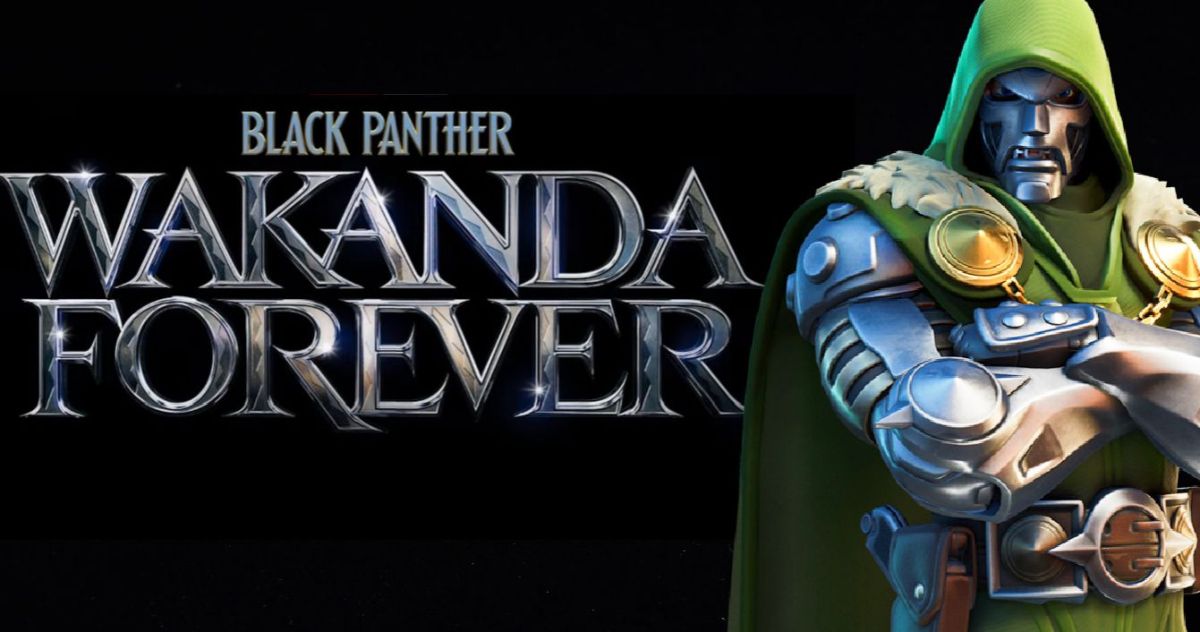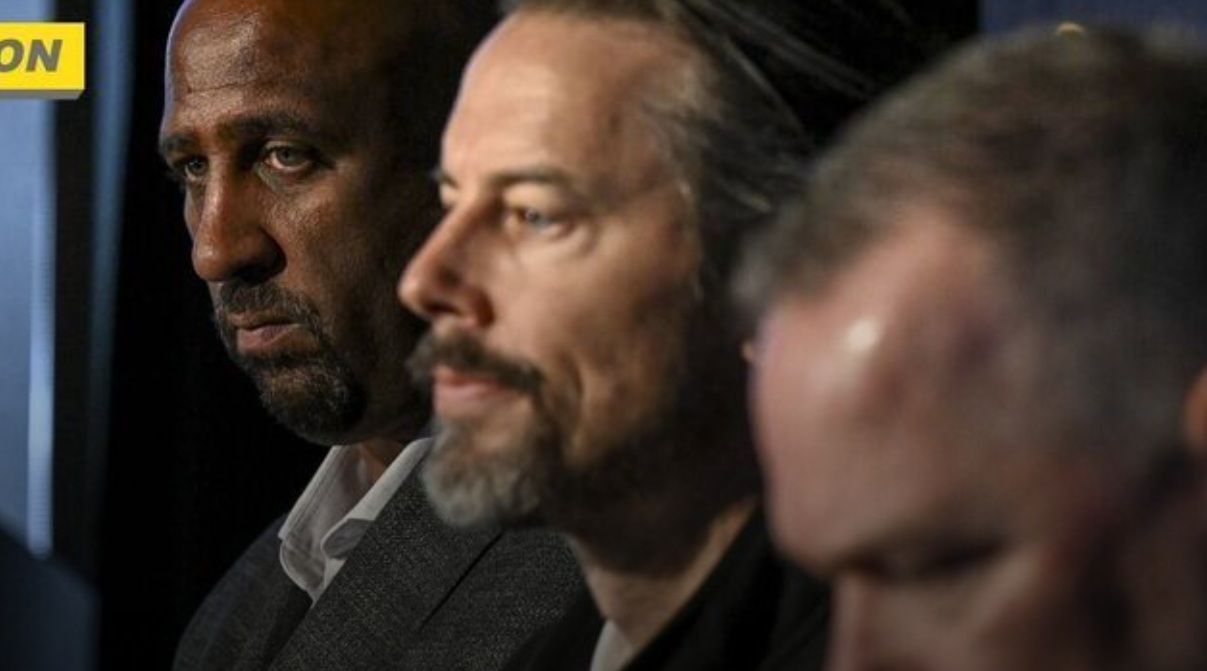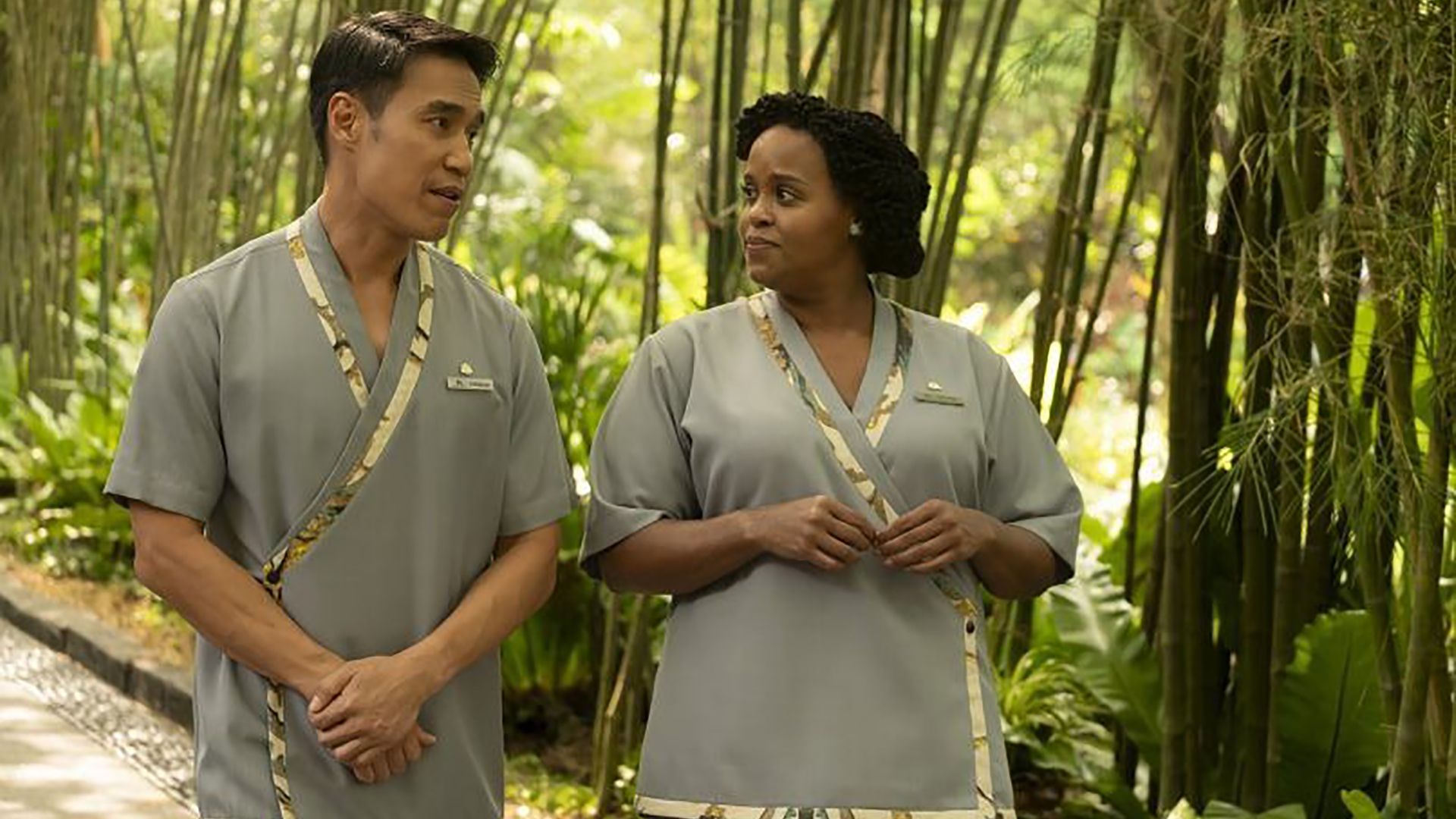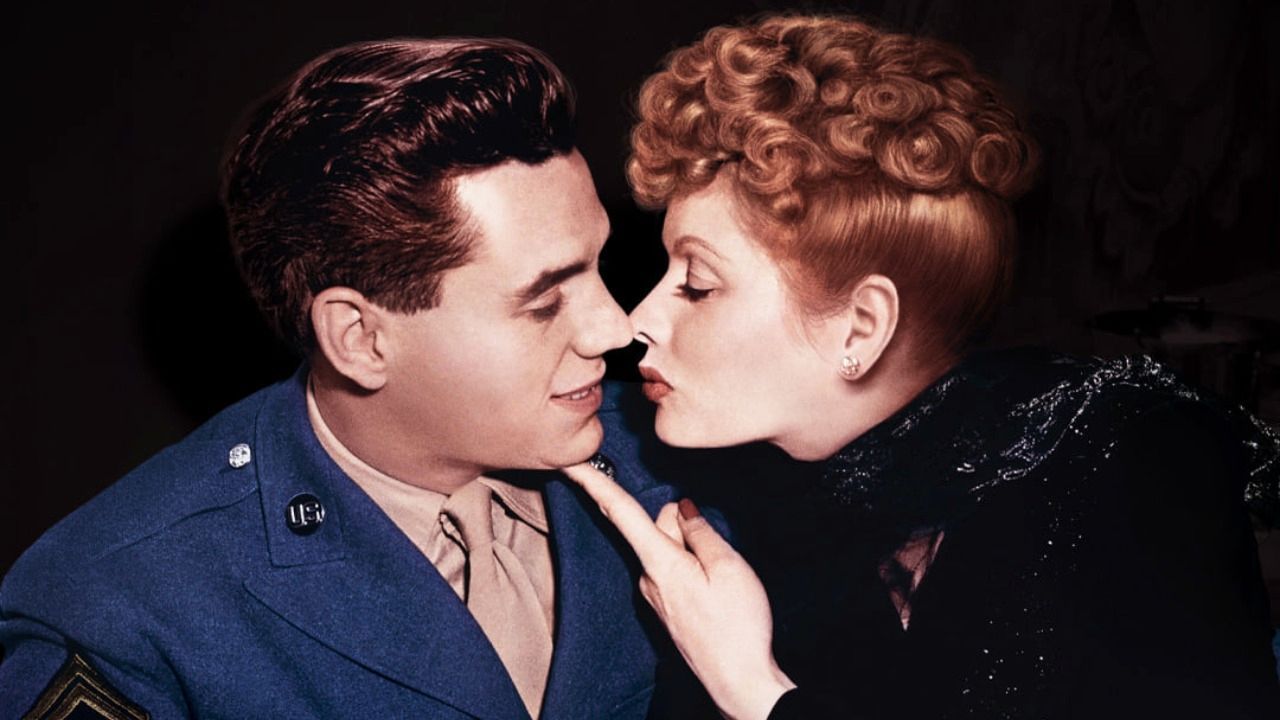
Having both Being the Ricardos and Lucy and Desi released within less than three months of each other presents a unique critical opportunity; watching the two movies together is almost a kind of intellectual or artistic exercise. The former is a big, ‘based on a true story’ Hollywood biopic, the kind of mildly fictionalized biographical drama that actors and awards usually flock to. It stars Nicole Kidman and Javier Bardem (for better or worse) as Lucille Ball and Desi Arnaz during a tumultuous week in their lives, and is written and directed Aaron Sorkin, who is perhaps the king of speedy, hyper-verbal dramas.
MOVIEWEB VIDEO OF THE DAY
Lucy and Desi, on the other hand, is the new documentary on Amazon Prime Video, directed by Amy Poehler. While its look at Lucille Ball and Desi Arnaz may be filled with found footage, interviews, and audio recordings of their own voices, it is no less emotional and dramatic as the fictional Being the Ricardos. In fact, it may even be more so.
Lucy, Desi, and Amy (Poehler)
Amazon Prime Video
Lucy and Desi is aptly titled, following as it does the winding curvature of life for Lucille Ball and Desi Arnaz. It begins separately, juxtaposing their very different origin stories until they become intertwined by their eventual encounter, sending them into each other’s orbit and leading to marriage, television shows, a business empire, children, mistakes, and divorce. The story is an epic one, something which could be conducive to a number of grand thematic interpretations (the American dream, feminism, xenophobia, and so on), but in the end, it simply comes back to that all-too-appropriate title. The heart of this documentary beats by the strange rhythm of the love between Lucille Ball and Desi Arnaz and follows that trajectory wherever it went.
Related: Prime Video Drops Lucy and Desi Trailer
Amy Poehler is a powerhouse in the entertainment industry, almost as much as Lucille Ball was. The hilarious director of this documentary has excelled acting in shows like Saturday Night Live and Parks and Recreation before becoming an influential producer; her Paper Kite Productions has made Broad City, Russian Doll, Making It, Difficult People, and several other popular television shows, along with the two other films Poehler has directed (Wine Country and Moxie, both on Netflix). Now, the director takes on her first documentary with Lucy and Desi, which may initially seem as strange a choice as casting Nicole Kidman as Lucille Ball, but it actually makes sense considering her admiration of Ball and the many similarities that they share.
As the documentary develops, Ball is able to tell her story in her own words, using clips from the hours upon hours of audio cassettes she had recorded, along with the countless interviews she’d participated in; her words are complemented by those of the people who actually knew her well, like her daughter Lucie Arnaz and son Desi Arnaz Jr, along with co-workers on her shows and the occasional admirer (like the greatly revered Norman Lear). Some of the most moving interviews come from Carol Burnett, Bette Midler, and other women who were elevated and assisted in their careers by Lucille Ball when they were young. Poehler has continued this great tradition of established women helping younger, talented women; the careers of Broad City actors Ilana Glazer and Abbi Jacobson, along with Julie Klausner and Aubrey Plaza, were partly established by Poehler.
Mixing Business and Pleasure
Amazon Prime Video
Lucy and Desi, of course, also follows Desi Arnaz, and the documentary’s emphasis on his story and psyche is one of its many quiet revelations. The man had a truly fascinating life, being born to Cuban nobility and living in relative wealth until the Cuban Revolution of 1933 when all of his family’s property was burned down and his family arrested; he became a refugee to America with his mother, neither of them having a cent to their name. As a Cuban musician, he was often relegated to crude, typecast roles and repetitive musical numbers in film and radio, but his charm was always undeniable. Lucy and Desi met, and it was lust at first sight. The love which followed was certainly authentic, but it was messy, complicated, strained, and beautiful all at once.
For some couples, a professional partnership is a huge boon in marriage. There is a type of economic relationship (or even codependency) which helps a couple thrive (hence ‘mom-and-pop stores’), especially with artists; if creative types are in a relationship together, it’s almost inevitable that they’ll work together as well. The careers of Lucille Ball and Desi Arnaz didn’t actually reach their zenith until their professional relationship with I Love Lucy and their legendary Desilu Productions.
The documentary Lucy and Desi reminds audiences of just how financially and artistically lucrative their partnership was. Viewers may have forgotten, but Desilu Productions was responsible for creating some of the greatest and most iconic TV shows of all time, from Star Trek to Mission Impossible, along with its production studios being used for many of the most popular shows of the 1950s and ’60s (I Spy, Hogan’s Heroes, The Dick Van Dyke Show, and many more).
It also explores how extremely influential Lucille Ball and Desi Arnaz were, not just in the world of comedy but for the entire television landscape itself. I Love Lucy was groundbreaking in so many significant ways — it featured an interracial couple, along with the first pregnant woman on television; its protagonist and comedic force was a woman; it was the first sitcom to be the most-watched show on television; it was the first show to go in syndication and thus invent the ‘rerun;’ it pioneered the now-traditional multi-cam approach to sitcoms; it was the first show to be shot on 35mm film, which not only made it look great but allowed it to be broadcast at the same time nationally (rather than the limiting kinescope format); it ultimately created television’s first millionaires, a Cuban refugee (Desi Arnaz) and a wacky woman in her 40s (Lucille Ball, at an age in which Hollywood often discarded women).
“Lucy and Desi Were Real People”
Amazon Prime Video
The list goes on, and Lucy and Desi is efficient in detailing it, almost with more fast-talking energy than an Aaron Sorkin script. The documentary is also fascinating in blatantly refusing to play to certain myths of genius or natural talent. Part of its intention with meticulously documenting the professional landmarks and groundbreaking creations of the couple is to illustrate just how ridiculously hard-working they were. Laura LaPlaca, the director of Archives and Research at the National Comedy Center, has this intriguing aside about Lucille Ball near the beginning of the documentary:
I don’t like when people call her work effortless, there was no advantage to being a woman in the TV industry in the 1950s. She wasn’t a genius, she wasn’t innately talented. She really built her success. I’ve been studying Lucy since I was five years old. It is kind of clear that she has a scientific approach to what generates a laugh.
The same can be said in the documentary’s approach to Desi Arnaz, who was a brilliant and fastidious businessman and producer who built an empire with his wife. A real level of inspiration is created by Lucy and Desi in this approach, one which aligns with the ‘American Dream’ type fantasy of Desi Arnaz, who actually did build himself up from practically nothing as a refugee in the country. Instead of relegating them to some mythical status, the documentary really views them as people who worked their asses off to succeed. Poehler has said as much about her intentions with the film, stating that, “One of the goals was to use Lucy and Desi’s relationship as a structure in which to remind people that when you use terms like icons and legends […] that there are people behind it. Lucy and Ricky were characters, and Lucy and Desi were people.” Ball’s own words elucidate this:
I could barely walk. I had no flair. I wasn’t a beauty, that’s for sure […] Luck? I don’t know anything about luck. I’ve never banked on it, and I’m afraid of people who do. Luck to me is something else. Hard work – and realizing what opportunity is and what it isn’t.
This is part of the charm of Lucy and Desi, following the story of two people with such utter determination who compliment each other beautifully in their ambition and creative vision. The documentary certainly embodies them as an American success story, and the film develops around this, exploring the individual psychologies, the mistakes, the failures, and the personalities of each person along the way. Of course, failure is an essential aspect of success, so there is heartbreak, adultery, hardship, and divorce, but this epic character study ties everything together with hope and inspiration, using love as its framework and the engine of its story. As their daughter says in an interview, “Under all this painful stuff and disappointment, at the core, it’s all about unconditional love.”
Related: Moxie Trailer: Director Amy Poehler Sparks a High School Revolution on Netflix
They’re Not Becoming the Ricardos, They Are the Ricardos
Amazon Prime Video
Lucy and Desi is a heartfelt and honest look at love and marriage, editing together a treasure trove of great footage (and beautifully restored clips from their television shows) to reveal the immense amount of creativity, laughter, lessons, and joy that were the result of this love. It’s entirely more enlightening and engaging than the more cynical Aaron Sorkin, semi-fictional biopic. Looking at the two films together is an interesting experiment, especially when Lucy and Desi is so good and Being the Ricardos is, well, not exactly critically acclaimed, and more of a “filmed Wikipedia page,” to quote Jason Bailey of Vulture.
The question arises — what is the function of fiction filmmaking if the actual, real-life story is just as or even more interesting? If a director like Amy Poehler can edit together the story of a life (or lives) in an emotionally stimulating way, which is by definition more authentic and real than a biopic starring famous actors, then what is the actual purpose of a fiction film that’s ‘based on a true story?’ Is it simply that the box office doesn’t respond as well to documentaries? The Oscar-winning documentary Man on Wire was perfect, and yet it was turned into a rather superfluous biopic with the excellent Joseph Gordon-Levitt called The Walk; the former made about $5 million at the box office, while the latter made $63 million. Maybe it’s merely monetary.
Seeing Lucy and Desi, especially in light of Being the Ricardos, will hopefully remind people of the vitality and necessity of good documentaries, and how hearing a story straight from the proverbial horse’s mouth is almost always better than hearing it from a friend of the horse’s rider. Sometimes, if a director and actor are great enough, their original vision can practically transmogrify a documentary into something wholly unique and special (as Gus Van Sant and Sean Penn did with Milk, from the documentary The Life and Times of Harvey Milk); often, though, it’s rare for something to be ‘even better than the real thing.’ The new documentary Lucy and Desi beautifully shows the power of the real thing.
The Top 10 Documentaries of 2021
Read Next
About The Author
Matthew Mahler
(58 Articles Published)
Editor and writer for Movieweb.com. Lover of film, philosophy, and theology. Amateur human. Contact him at matthew.m@movieweb.com
You can view the original article HERE.


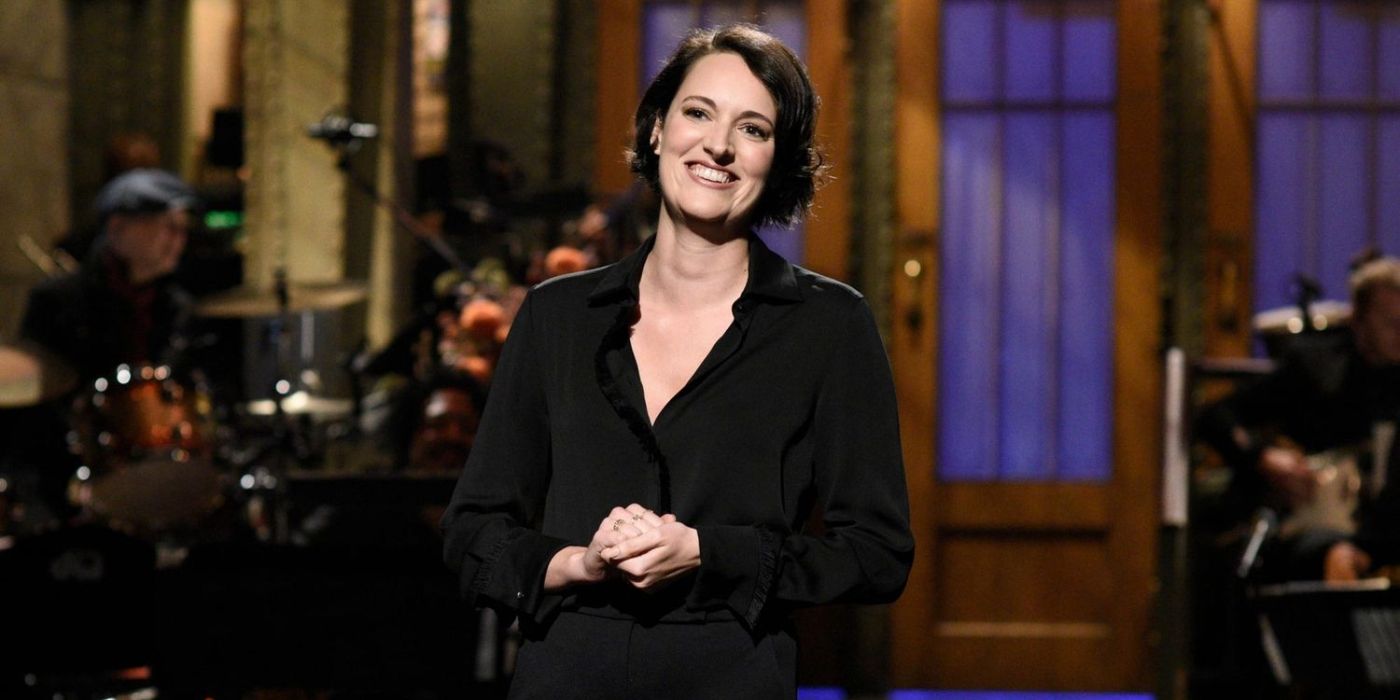





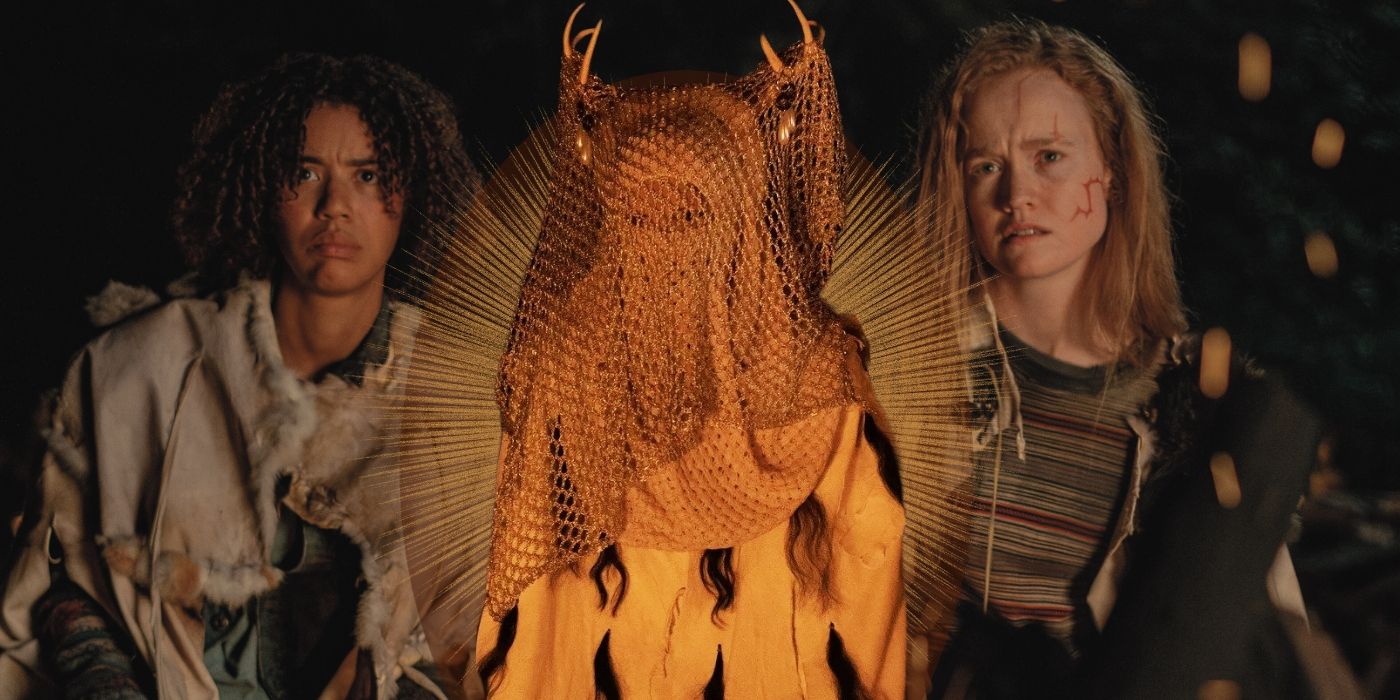



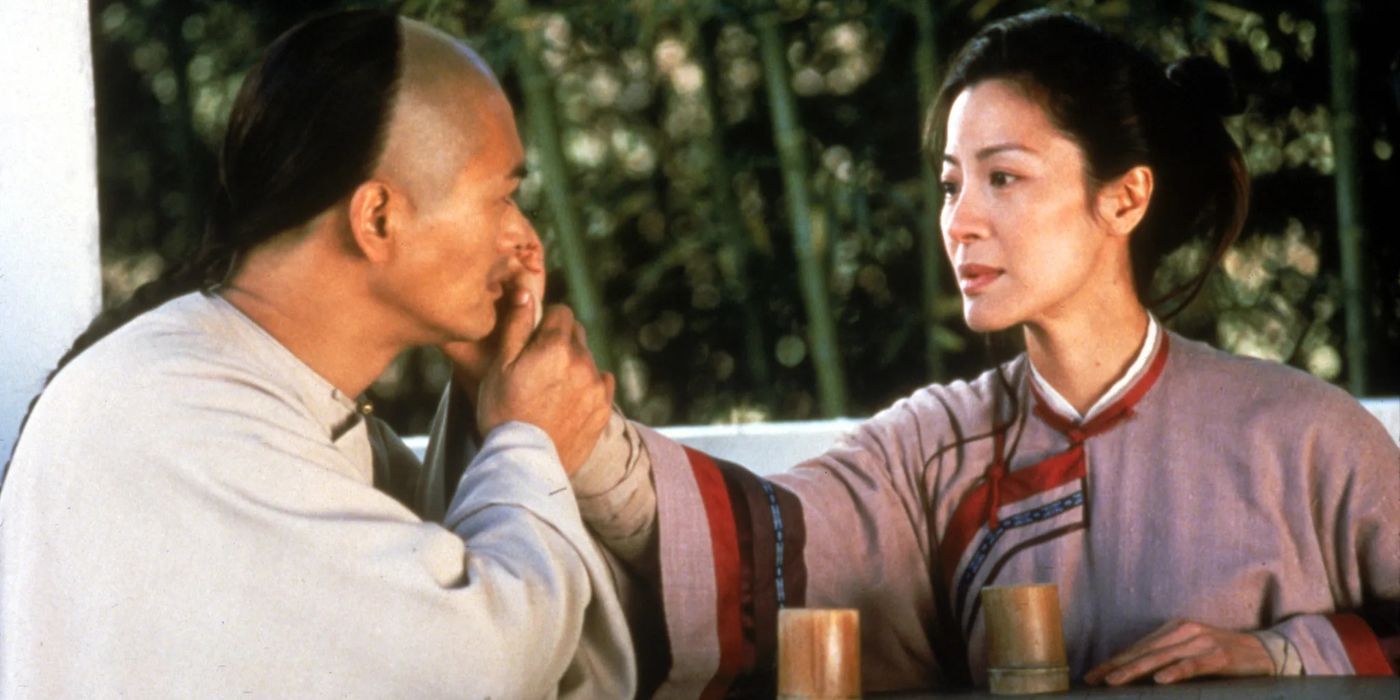



.jpg)

